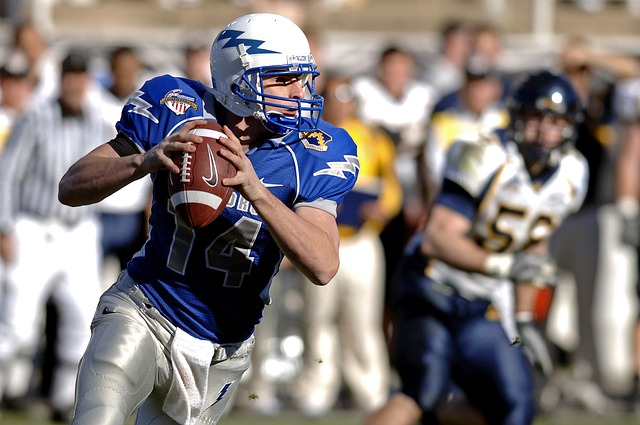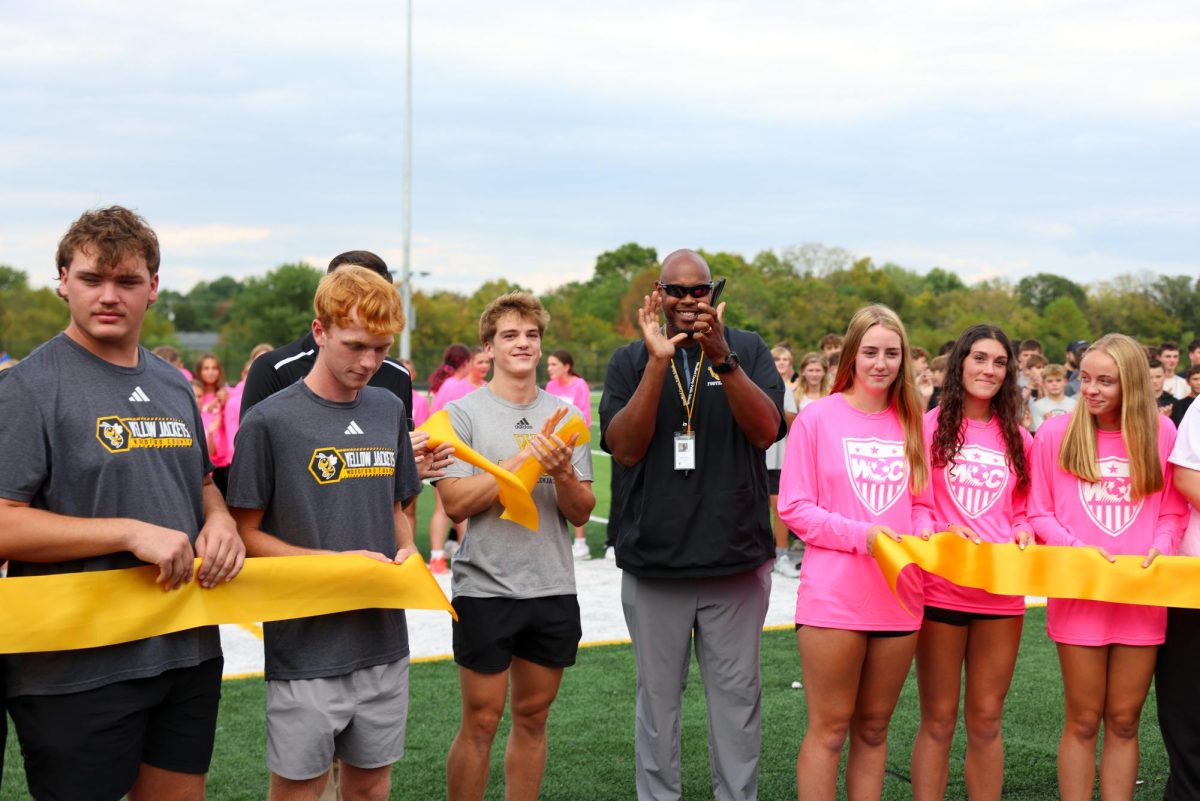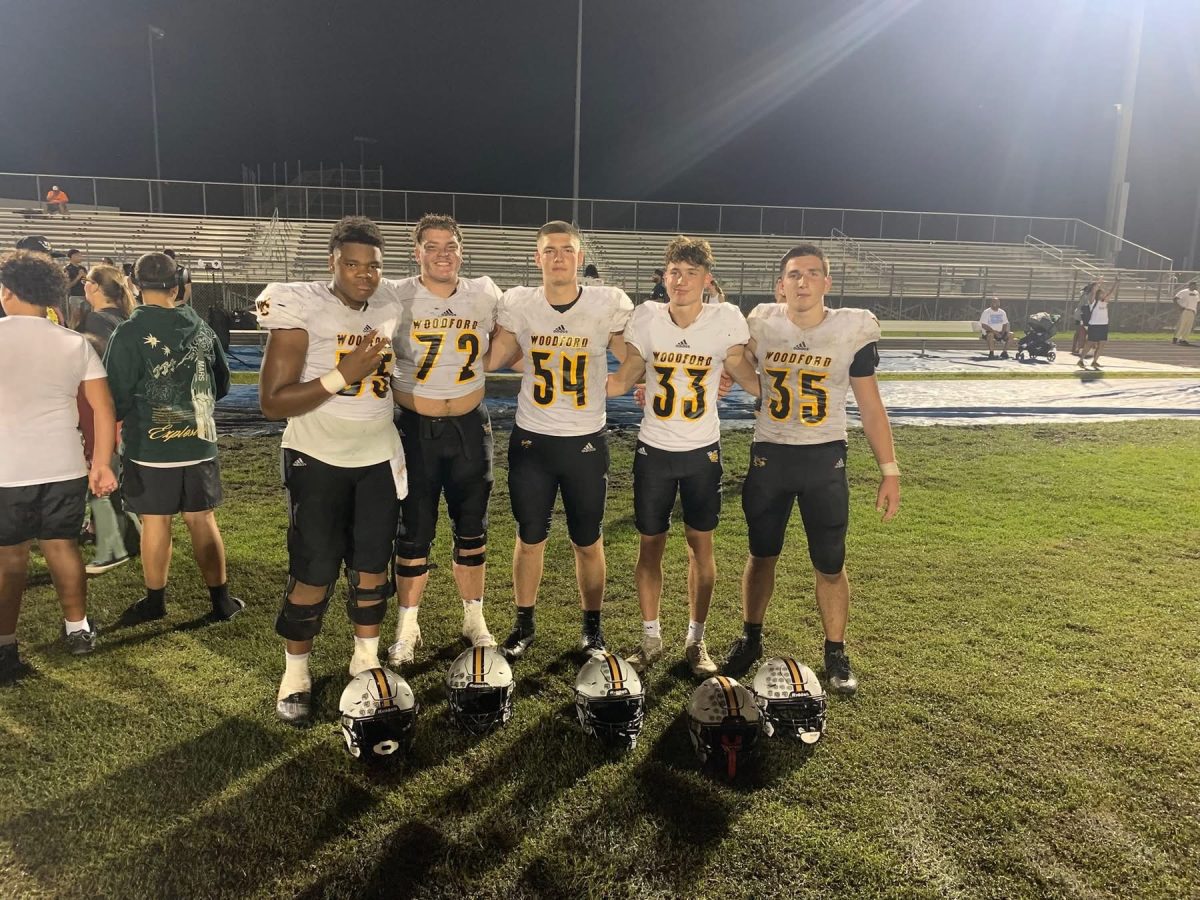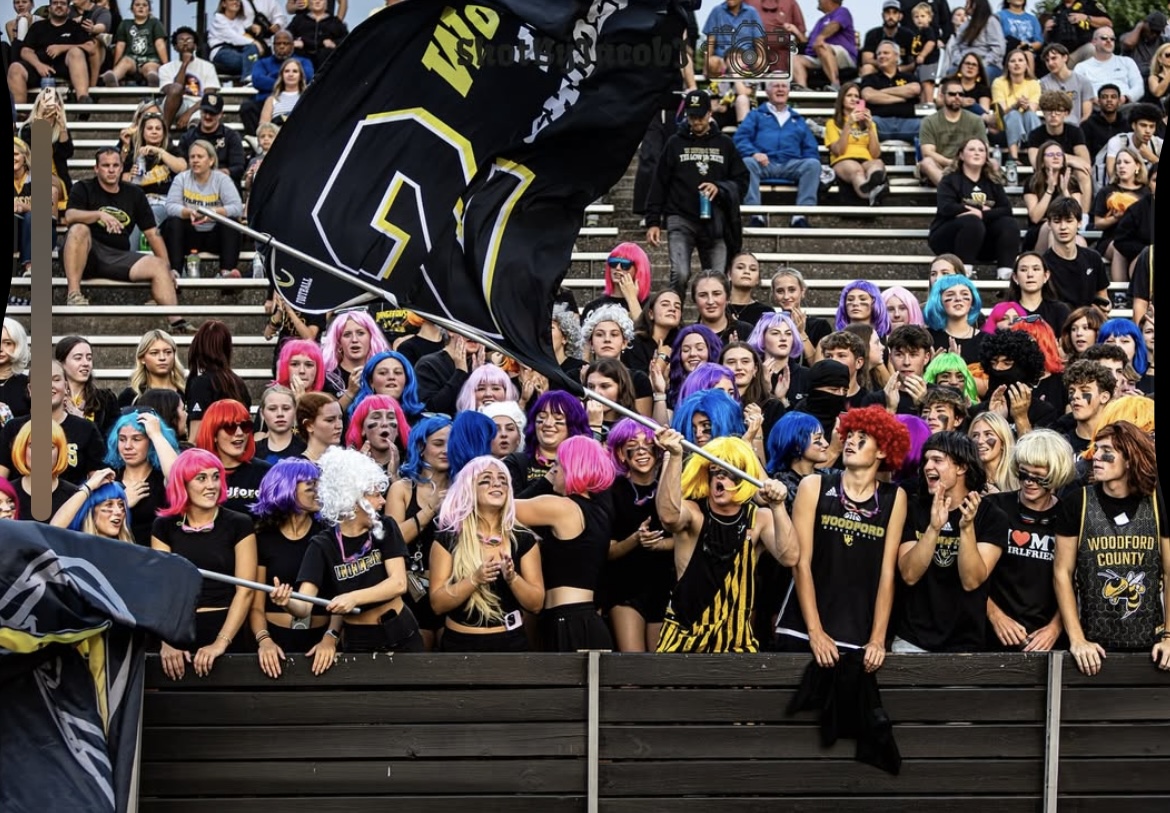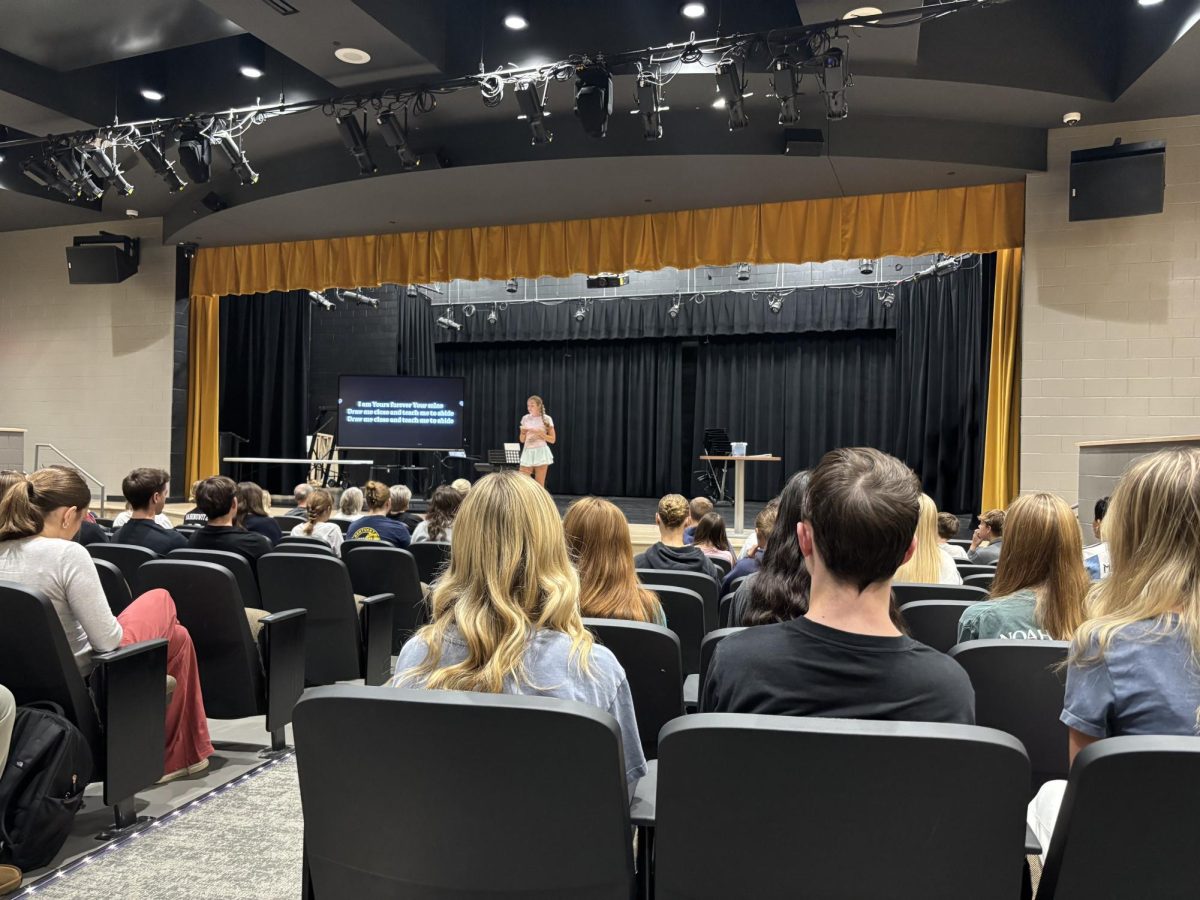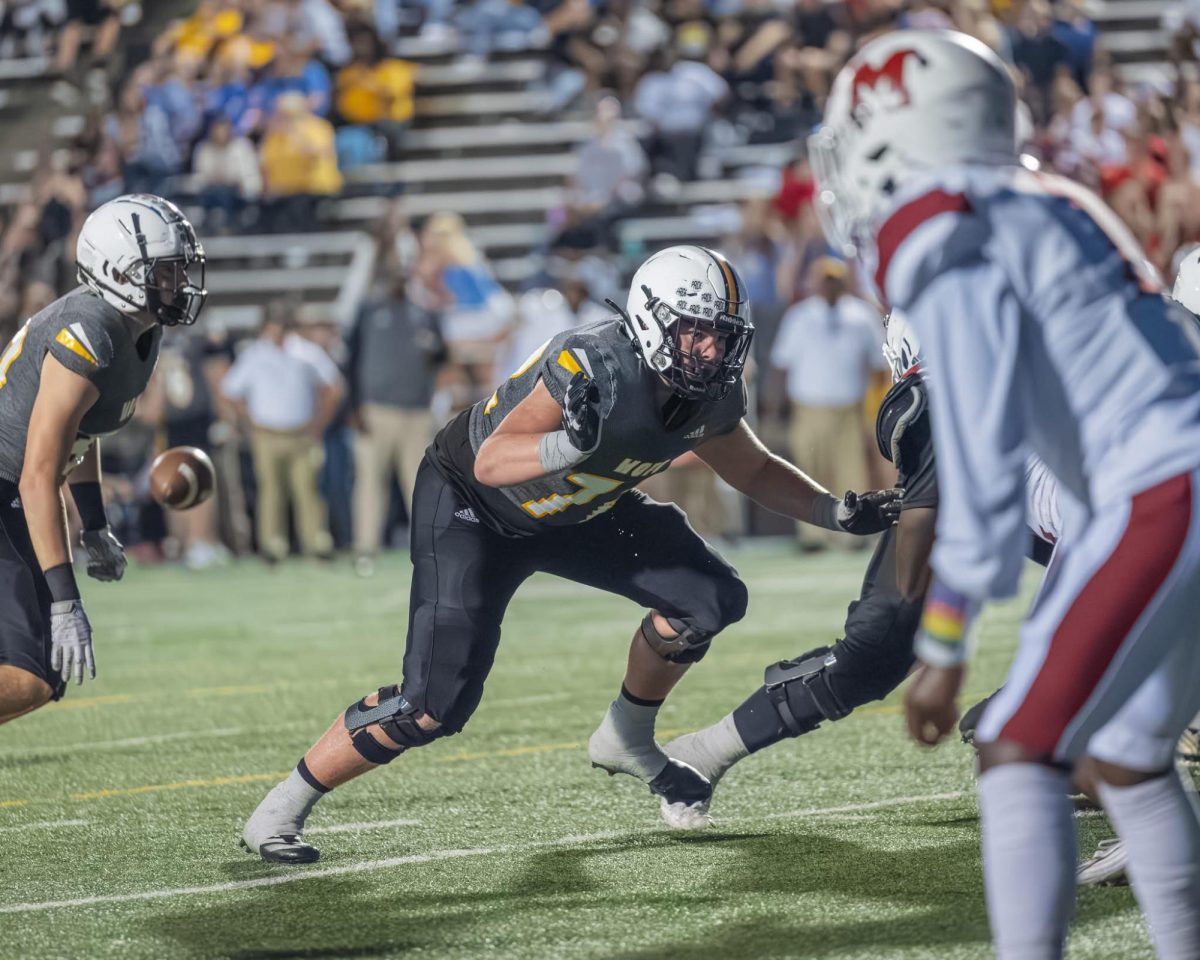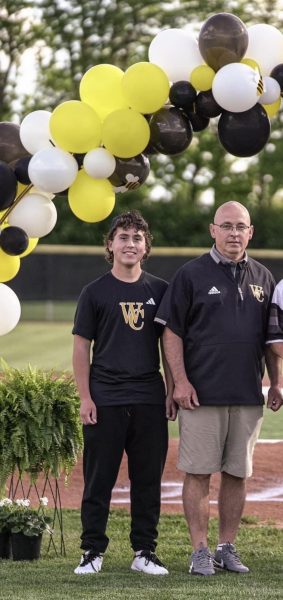On August 31st, 2021, California signed a law allowing high school athletes rights to their name, image, and likeness (NIL) and nearly 40 states have followed since. These rights have historically been reserved for college athletes to make money through their popularity and social media followings. This is important for college athletes because the National College Athletics Association (NCAA) has rules that prevent coaches from providing cash as a form of recruitment for their athletes. So, NIL deals allowed college athletes to make money without being considered professional athletes through advertisements, public appearances, and promotions of local and national businesses. But now that these rights are extending to high school athletes, it begs the question: are NIL deals beneficial or detrimental to student-athletes?
NIL deals have the potential to be extremely beneficial for as they can provide financial support for student-athletes who don’t come from extremely wealthy backgrounds. This is significant because, with their busy schedules of balancing school and practice, student-athletes often don’t have time for a part-time job of any sort.
In addition to these advantages for athletes while they are still in school, NIL deals also help athletes after they graduate. With NIL deals in school, athletes build their brand which helps develop entrepreneurial and financial skills and connect athletes with promoters and businesses. Along with these benefits for the athletes themselves, NIL deals also make high school and college sports more competitive with professional sports. With high school athletes building their brand through these deals, they develop a connection with fans, and the fans begin to care more about specific athletes, similar to professional sports. Also, more athletes are opting to stay in school instead of going straight to the professional level, because they can make money through NIL deals instead of having to go pro as soon as possible to make money like they did in the past.
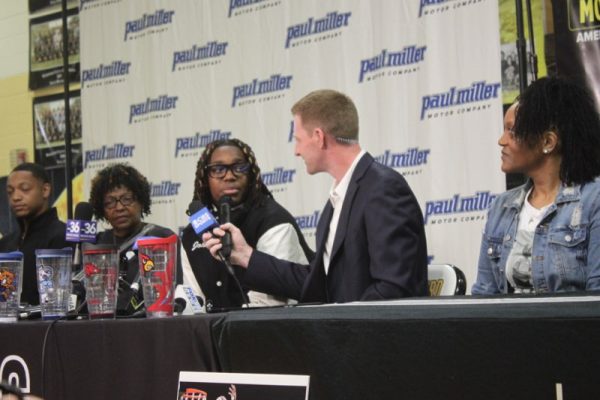
On the other hand, NIL deals can also be harmful to student-athletes due to confusing contracts and biased deals. With large NIL deals, the focus for athletes shifts from sports and education to social media, promotions, and money. These deals also put a lot of pressure on athletes to perform at an extremely high level. Now, schools are having to invest millions in sports facilities just to attract athletes to their schools. This creates a larger gap between large private high schools and other high schools in areas with less funding for their programs. This disparity makes college athletics very similar to professional sports because it makes recruiting student-athletes like free agency in pro sports.
Ultimately, while NIL deals do have a few drawbacks, they are beneficial if athletes are careful reading their contracts and continue to focus on being student-athletes. NIL deals will set up their present and future, and provide them with many advantages throughout their high school and college careers.

